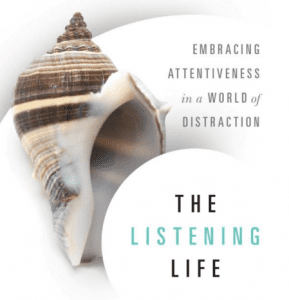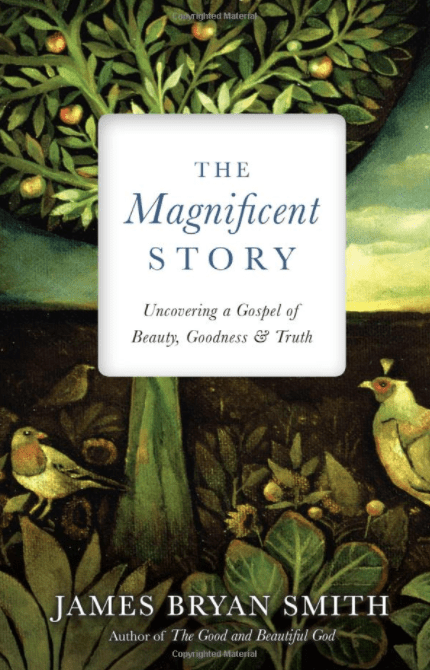 Kris and I were at lunch at Kent and Elizabeth Keith’s home in Honolulu that led to a conversation with Elizabeth, a professor, about language acquisition. One of her points was that early in our life we factor out specific sounds that are not useful in our culture. Hence, I cannot “hear” the variations in the intricate sounds of, say, Korean or other Asian languages while Asians have learned to suppress specific sounds that are used in English. If one — and this is where our conversation was headed — tries to learn modern Japanese after growing up in an English-only USA it can be very challenging because the brain has learned not to listen to specific sounds. Elizabeth illuminated all this better than I have hear (smile).
Kris and I were at lunch at Kent and Elizabeth Keith’s home in Honolulu that led to a conversation with Elizabeth, a professor, about language acquisition. One of her points was that early in our life we factor out specific sounds that are not useful in our culture. Hence, I cannot “hear” the variations in the intricate sounds of, say, Korean or other Asian languages while Asians have learned to suppress specific sounds that are used in English. If one — and this is where our conversation was headed — tries to learn modern Japanese after growing up in an English-only USA it can be very challenging because the brain has learned not to listen to specific sounds. Elizabeth illuminated all this better than I have hear (smile).
Listening is an art as Adam McHugh, author of The Listening Life, makes abundantly clear in a book I consider as quite likely to make my 2016 list of books of the year. For whom is this book intended? for those who talk alot and for those who need to learn to listen better. Which means, either for most of us or for all of us. Adam, author of the wonderful Introverts in the Church, though an introvert, says he needs this book. So, if you’re introverted you can’t say “I’m a listener already.” Listening, as I say, is an art and we are more prone to listen to some than to others so we can all get a good dose of the listening life. We’ve all learned to suppress plenty of sounds.
Beautiful cover, don’t you think?
This book should be considered for all spiritual formation curriculums in seminaries or in local churches. In some ways, listening is the meta-spiritual discipline.
You can’t skim this book if you want to learn; you can’t skim the words of others if you want to listen. Skimming and listening don’t belong in the same world.
The question that drives this book is, how would our relationships change, and how would we change, if we approached every situation with the intention of listening first? What if we approached our relationship with God as listeners? What if we viewed our relationship with nature as one of listening? What if we approached our relationships using our ears rather than our mouths? What if we sought to listen to our emotions before we preached to them? 13
There is something about settling in and paying attention to someone, or Someone, letting them have the floor and steer the conversation where they want to go, that is in itself transformative. 13
The very first word of the Rule of St. Benedict, that famous text that has guided the life of monastic communities since the sixth century, is listen. 13
The Bible — think the Shema of Deut 6, the Sermon on the Mount by Jesus, or the Letter of James — teaches us that listening and obedience are connected. Adam: “Obedience is a deep listening, a listening of the whole person, a hearing with your ears and with your heart and with your arms and legs.” 16 And on the next page, “We are correspondingly asked to listen with our lives, and we are not truly listening unless we are responding to Jesus with all our heart, mind, soul and strength. This kind of listening is done on the move.”
Are you skimming? Or are you listening to Adam?
Hearing happens, you can’t avoid it; hearing is a choice, you can avoid it.
Listening is where discipleship begins, and Jesus told a parable about listening — four kinds of listeners. One of which was approved by Jesus: those who truly listened with the whole body. Thus, servant leaders are servant listeners.
But we all face problems, obstacles to listening (25-26):
1. Too much noise.
2. Loneliness, which can lead to self-absorption.
3. Fear of change.
4. We’re fragmented.
He adds a section on how the internet world breaks down our listening skills since it breaks down our ability to concentrate on one thing. Furthermore, we live in a visual — seeing — culture and that, too, has an impact. So, let’s add 5 and 6.
5. The Internet breaks down concentration.
6. The visual culture stimulates by images.
Take these six and then realize that we have all learned to suppress some sounds. Like language learning. And perhaps we need to reconsider the listening life a little more. I do. I’m grateful for this book.










